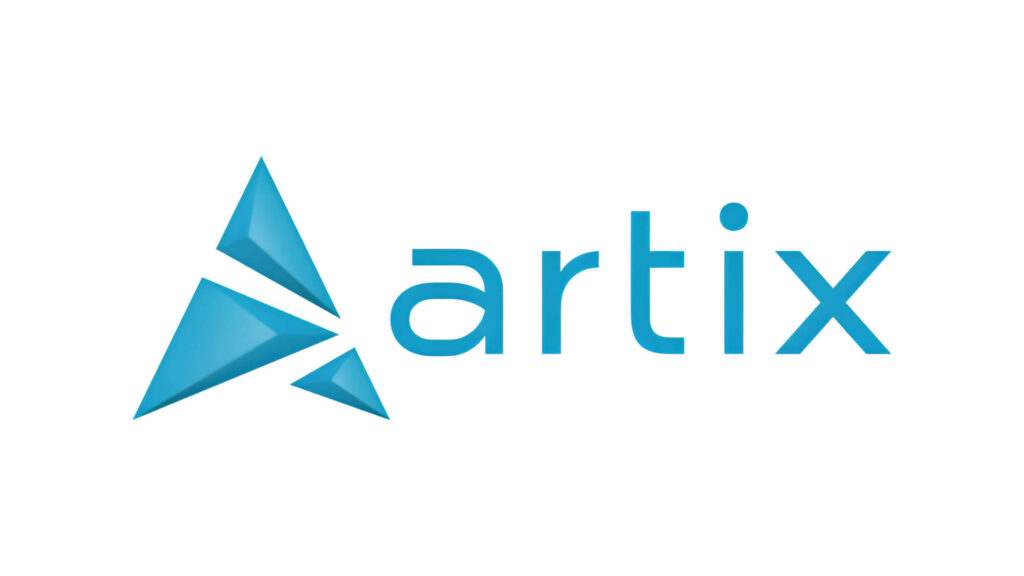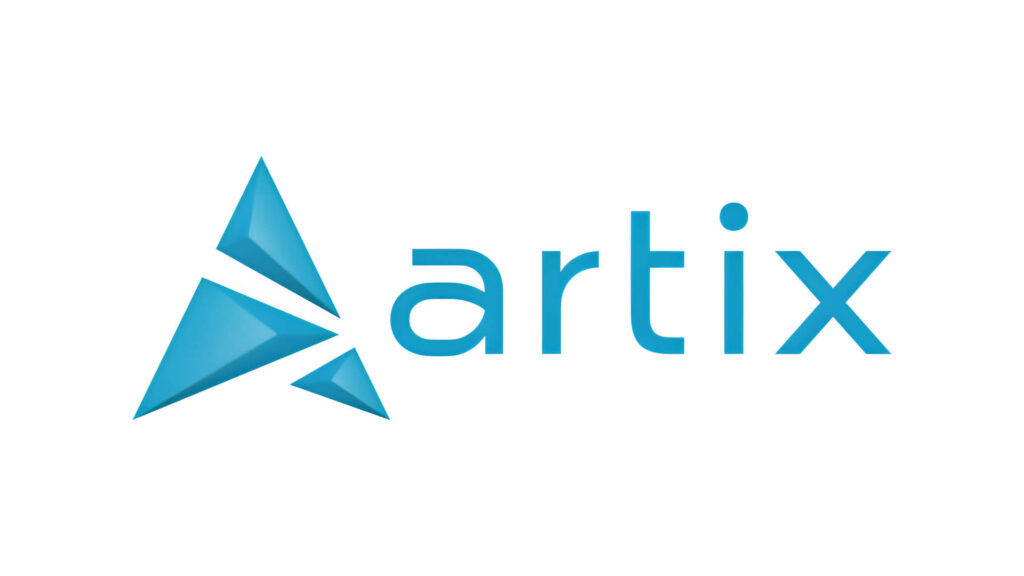
Artix Linux, una distribuzione “rolling release” basata su Arch Linux, è sviluppata da un team di volontari provenienti dalla comunità open source, molti dei quali erano precedentemente coinvolti nei progetti Arch OpenRC e Manjaro OpenRC. Quando questi progetti sono stati abbandonati, il team ha deciso di unirsi e creare una distribuzione indipendente, dando vita ad Artix Linux nel 2017.
Artix Linux è nota per l’adozione di gestori di sistema alternativi a systemd, come openrc, runit, dinit e s6, offrendo agli utenti una scelta tra diverse opzioni di init system.
Non c’è un’azienda dietro: è un progetto comunitario e indipendente, mantenuto da persone appassionate che credono nella libertà di scelta, soprattutto in ambito init system
Gli sviluppatori di Artix Linux hanno recentemente annunciato il rilascio di build sperimentali che utilizzano XLibre, un fork di X.Org Server recentemente balzato agli onori della cronaca. A mia conoscenza sembra essere la prima implementazione di Xlibre in una distribuzione GNU/Linux.
XLibre in Artix Linux
Le build sperimentali di Artix Linux con XLibre sono state create per testare l’integrazione di questo fork di X.Org Server. Queste build includono i seguenti ambienti desktop basati su X11:
- Xfce
- Cinnamon
- MATE
Le dimensioni delle build variano a seconda della configurazione da circa 2 GB a 4,6 GB.
Transizione a XLibre
Gli utenti esistenti di Artix Linux possono passare a XLibre installando il pacchetto xlibre-xserver e i driver xlibre-xf86-* necessari dal repository software sperimentale galaxy-gremlins, dedicato al testing dei pacchetti software non ancora rilasciati nei canali stabili. Abilitando manualmente questo repository software in pacman.conf, è possibile aggiornare facilmente il sistema con XLibre senza necessità di re-installazione completa.
Tutti i dettagli sul Forum e sulla pagina del Wiki di Artix Linux.
Fonte: https://forum.artixlinux.org/index.php/topic,8311.0.html
Fonte: https://wiki.artixlinux.org/Site/XlibreOnArtix
Source: Read More




